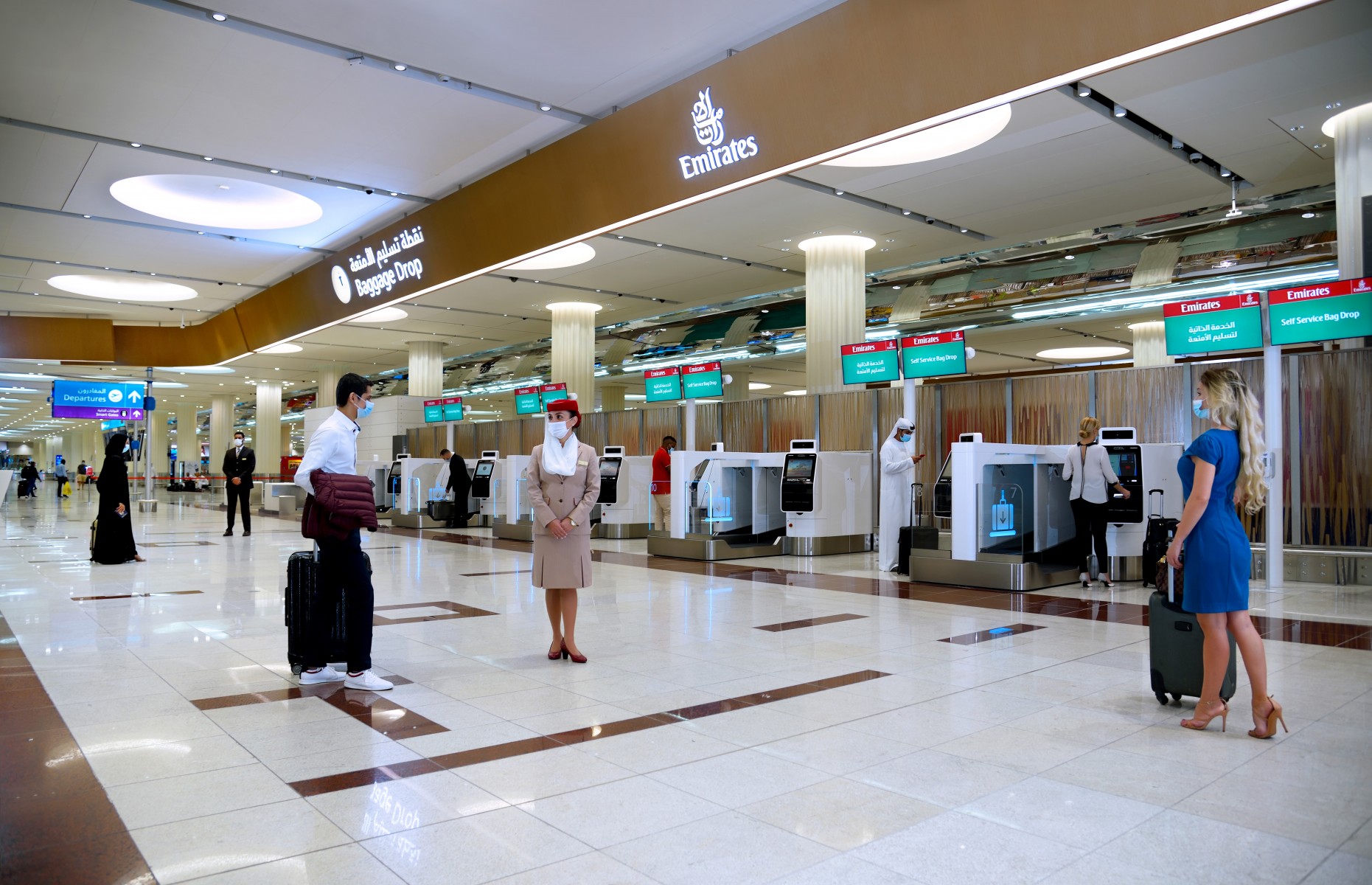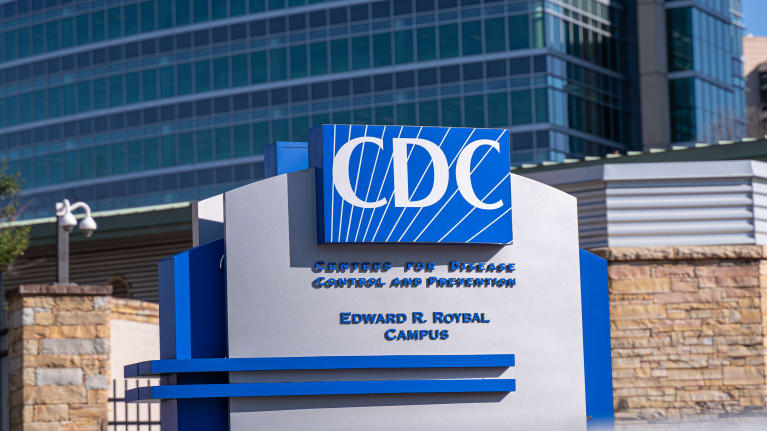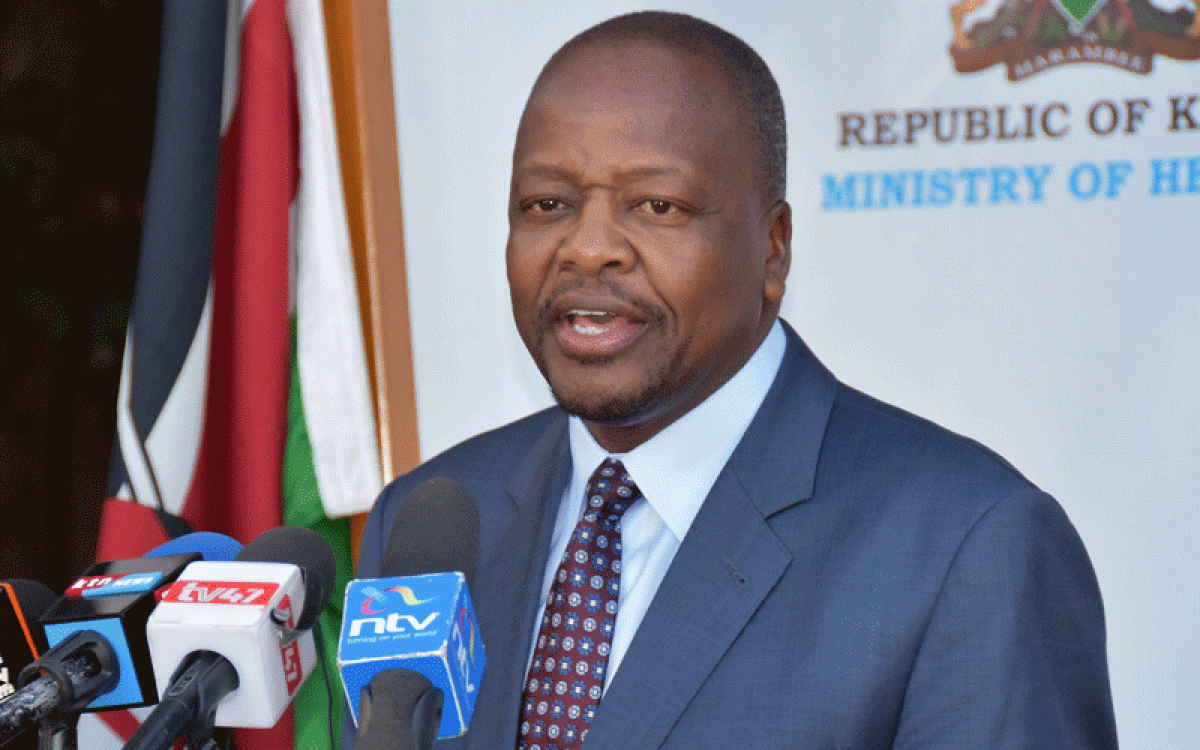While travel insurance did not help travelers when the pandemic hit in 2020, policies now treat COVID-19 the same as any other medical condition. Carol Mueller, a vice president at Berkshire Hathaway Travel Protection, told The New York Times that fear of the virus is not a reimbursable claim, but illness is.
“If you become ill before your trip, you’ll need a doctor’s note confirming your illness and that you are unable to travel to be eligible for benefits,” she said. “The benefits are the same regardless of whether you contract omicron, another variant of COVID, or any illness for that matter.”
Most policies do not offer coverage if a foreign destination closes its borders to visitors, as Israel did recently. A few exceptions also go for a government-issued travel warning to a destination, which is generally not a covered reason to make a claim.
“When people deal with me to plan their travel, I always explain to them why travel insurance is important,” said Robin Cline, owner of Cline & Co. Travel Consulting in Lexington. “I would say 95% of the people I deal with do buy it because they realize it’s important.”
Travelers not using a travel agent may add insurance at the end of buying airfare, through their supplier, whether a cruise, consolidator, AAA, etc., or go to various websites that sell direct to the public. A simple Google search for travel insurance will provide endless choices. Cline said people that do their own travel planning typically do not purchase a travel insurance policy because of assumptions their insurance or credit card will cover it.
“The other thing a lot of people will do if they’re like buying an airline ticket, or if they’re working directly with a supplier or something; they’ll just accept their plan or insurance coverage and take it as it is, not really exploring how covered they are,” she said. “Clicking the button at the end of purchasing is not always the best protection on an investment.”
Travel delay coverage can cover the cost of accommodations and meals during quarantine if a traveler contracts the virus. If travelers are forced to stay beyond their expected return date due to a positive test, this coverage can be extended for up to seven days.
Trip interruption coverage will reimburse travelers for missed portions of their trip if they are forced into quarantine due to a positive COVID test. Cline said it could cover 100% to 200% of your prepaid and nonrefundable trip costs, depending on the policy.
“The plans are tiered like any other insurance,” Cline said. “There are many different companies out there that you can deal with and they all kind of have their own little spin on specific packages. You can buy anything from what we call a zero-cost medical policy, all the way up to what we call a cancel for any reason policy, so your rates are going to vary.”
The “cancel for any reason” policy will return between half and three-quarters of expenses and is generally purchased when people buy tickets or make reservations.
Cline said costs also vary depending on age.
“They’re not going to insure somebody who’s 85 years old at the same rate they’re going to insure somebody who’s 25 years old,” she said.
Cline said she rarely travels without some form of travel insurance.
“I might do a domestic plane trip without it, but that’s it,” she said. “Let’s say you’re on your way to the hotel, and you’re not going to check in until 10 p.m. and your check-in time is at 4 p.m. If you have an accident on the way and you lose your hotel for the night or something like that, you have to weigh all the pros and cons of that. If it’s not an expensive hotel, maybe it’s not worth it because of the premium.”
Cline said another reason travel insurance has become more critical because of COVID-19 is that the pandemic has caused airlines and resorts to adhere more to cancelations.
“Cancelations have become more frequent, and they’re also running them out a little further as well,” she said. “Whereas it once was 48 hours now, it might be seven days because they need that chance to rebook. I don’t begrudge them that at all; they have to be able to pay their people. I think that there’s a lot of people out there that think the airline should just forgive everything and the hotels and everybody else because COVID is not their fault, but it’s not the hotel’s or the airline’s fault, either. If they’re going to stay in business for us for the future, they’ve got to protect themselves as well.”
Source: Spectrum News








